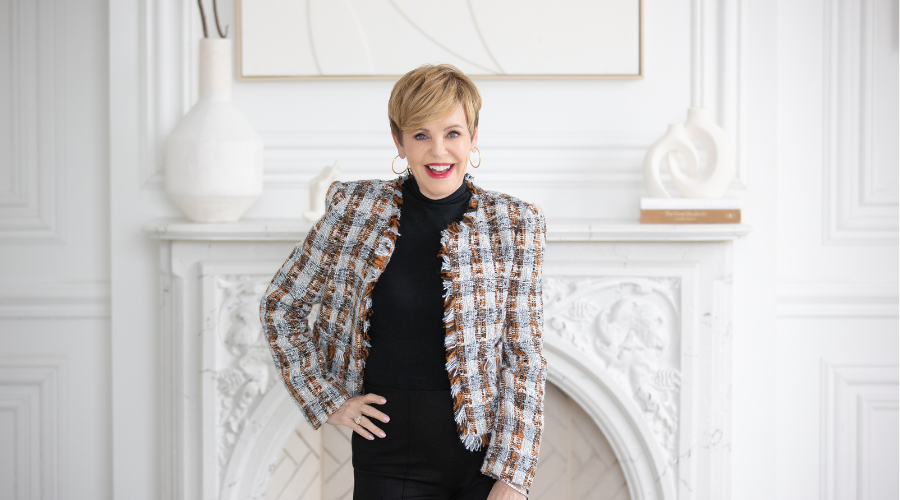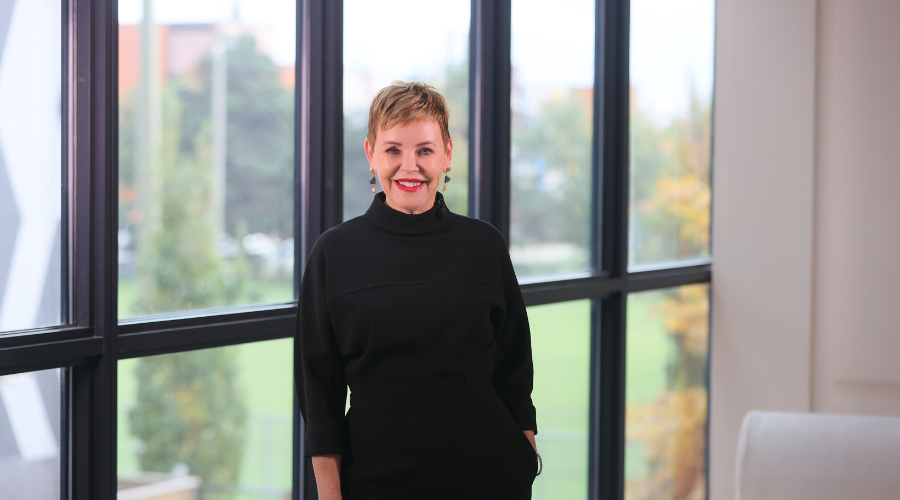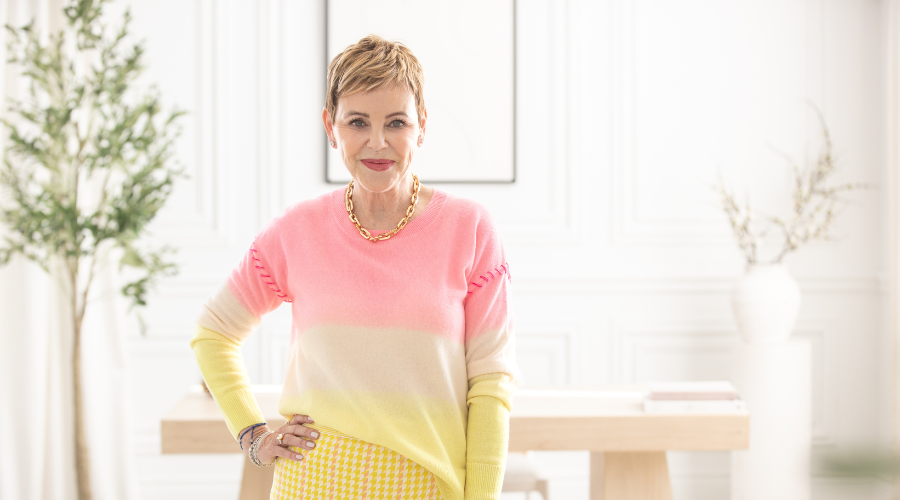Let’s be honest, life isn’t about the money. It never has been.
It’s about your relationships. Your health. Your time. Your purpose. The joy in the little things, the spontaneous coffee dates, the late-night laughter, the time spent with those you love.
But here’s the thing I’ve come to believe, after decades of conversations with people from all walks of life: money might not be the goal, but it’s often the gateway.
Why Financial Clarity Gives you Freedom
When your financial foundation is firm, when you’ve paid down your debt, built up your emergency fund, and created a plan that reflects your priorities, it frees you. Financial clarity creates emotional space. It lifts a weight. It lets you breathe.
Because here’s what I know: when you don’t have to stress about how you’re going to pay the bills this month, you start thinking about bigger things. Things like what makes you truly happy. What kind of legacy do you want to leave behind? How do you want to show up in your own life and the lives of others?
I’ve spoken to countless people who said that once they took control of their finances, they finally had the time and space to pursue their passions, volunteer, travel, launch a new business, and spend more time with their families. One woman told me, “I used to think I didn’t have time to paint. Turns out, I didn’t have financial peace of mind.” “I was worried all the time about how I would pay the bills and couldn’t focus on my art.”
A solid financial plan gives you freedom and peace of mind. And options. And options provide you with balance.
When we think about retirement, most of us imagine freedom — freedom from the 9-to-5, freedom to travel, spend time with family, and do more of what brings us joy. However, freedom comes with a price. And the reality is, funding retirement isn’t a one-size-fits-all plan.
Three Key Retirement Funding Sources to Know
For many, there are three key retirement funding options many Canadians have at their fingertips: their investments, paid-up insurance policies, and, yes, their home.
Let’s talk about each one.
1. Investments
For most people, investments are the cornerstone of retirement planning. We’re talking RRSPs, TFSAs, non-registered accounts, and employer pension plans. This is the nest egg you’ve likely been contributing to for decades.
But here’s the challenge: how do you turn that nest egg into sustainable income? The transition from accumulation to decumulation takes planning. It’s not just about how much you’ve saved; it’s about how you draw it down strategically to minimize taxes, preserve capital, and make your money last. The key is having a withdrawal plan that reflects your lifestyle, goals, and timeline. This is where advice matters. A trusted advisor can help you transform your portfolio into a personalized income stream, tailored to the retirement you envision.
2. Life Insurance
Life insurance isn’t just about leaving something behind; in retirement, it can become a surprising asset.
If you have a paid-up permanent life insurance policy, it may hold cash value that can be accessed through withdrawals or loans. This can provide tax-efficient supplemental income during retirement or serve as a cushion for unexpected costs, such as healthcare, supporting your children or grandchildren.
In some cases, it can also serve as a strategic estate planning tool, allowing you to gift to your family or a cause you care about without depleting your investments. It’s an often-overlooked part of the retirement funding equation, but it’s worth exploring.
3. Home Equity
For many Canadians, their home is their largest asset. And while the emotional attachment is real, it’s where you raised your family and built your memories; it’s also a powerful financial tool.
Downsizing is one option that can free up equity to support your lifestyle. Others consider a reverse mortgage or a home equity line of credit (HELOC) as a way to stay in their home while tapping into the value built over time.
The important thing here is choice. Your home can serve you in retirement, but only if it aligns with your lifestyle goals and overall financial plan. Sometimes, staying put makes perfect sense. Other times it doesn’t. However, unlocking that equity can bring flexibility and peace of mind.
Find the Right Balance for Retirement
So, if you’re feeling overwhelmed or think your finances are a barrier to the life you want, start small. Start somewhere, with a budget, a conversation, or a commitment to learning just a little more each day.
Retirement isn’t just a destination; it’s a phase of life that can span decades. Bringing together your investments, your insurance and your home, you’re building a plan that’s not only financially sound but deeply personal.
Because while life isn’t about the money, it is. Once you get that part sorted, it’s incredible how much more space there’s for everything more meaningful to you.
The critical takeaway is that retirement shouldn’t be about sacrifice; it should be about freedom. Your challenge is finding the right balance for you, living comfortably today while preparing wisely for tomorrow.
Pattie – plr@heb.ca






























